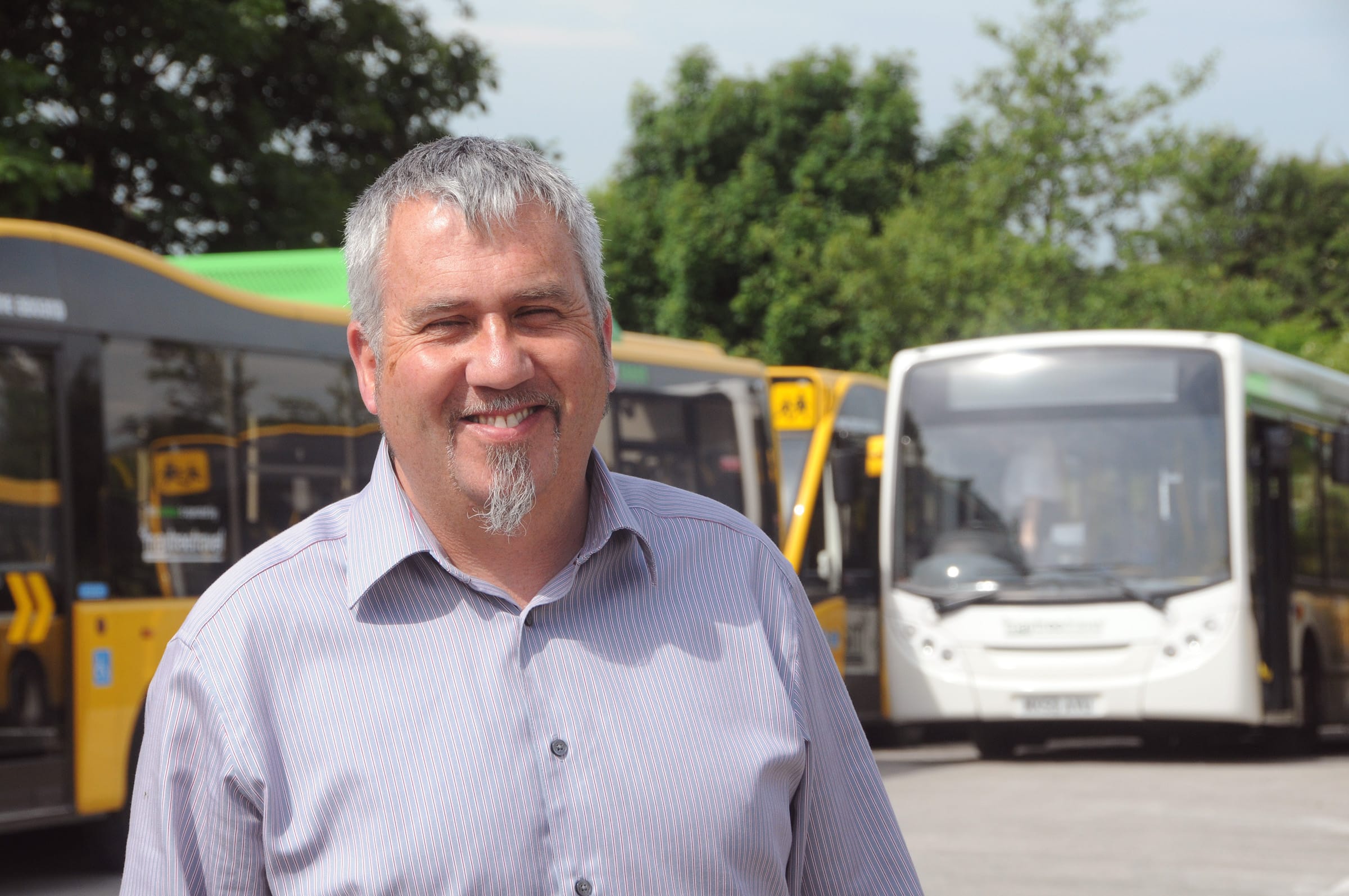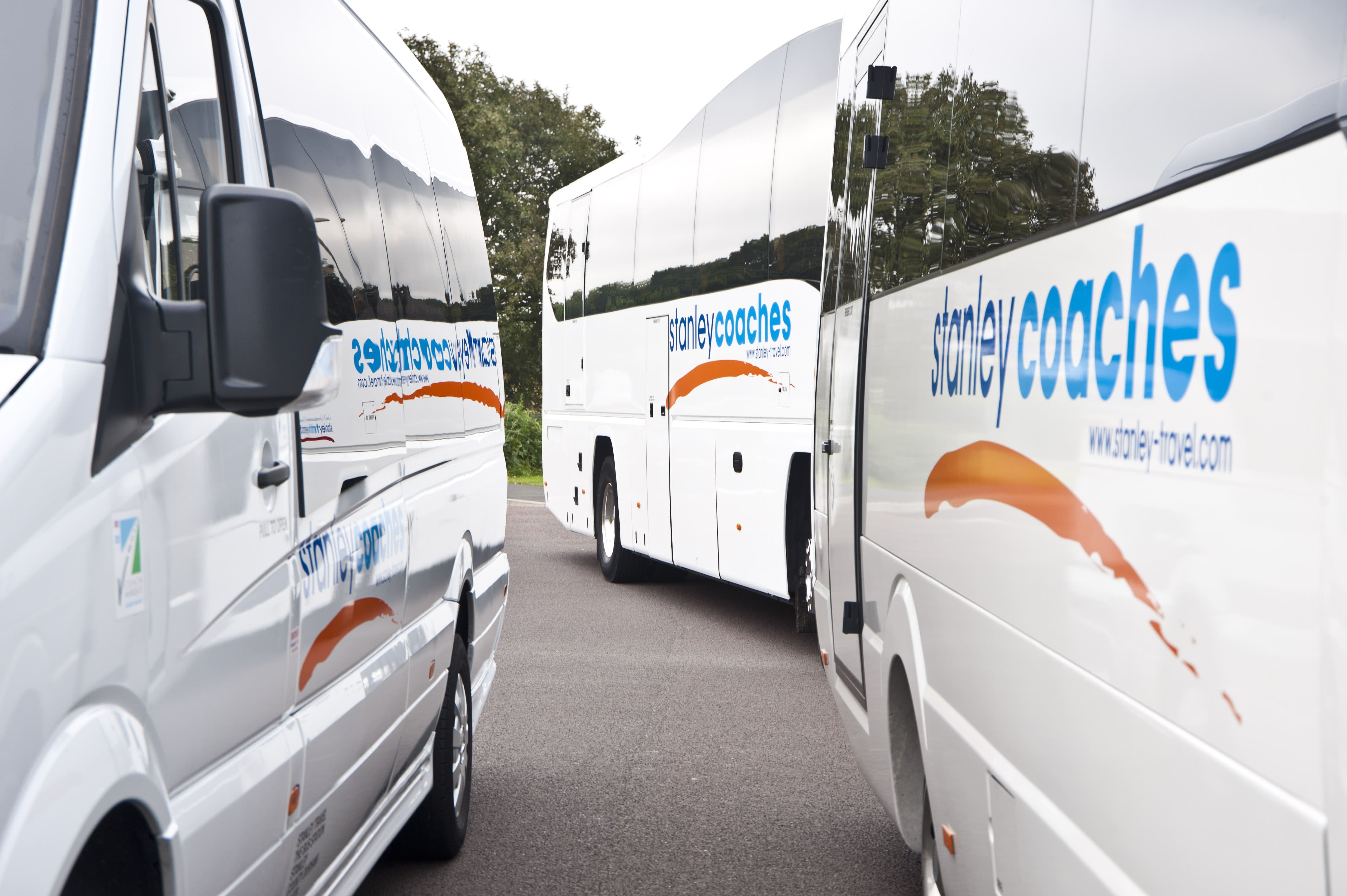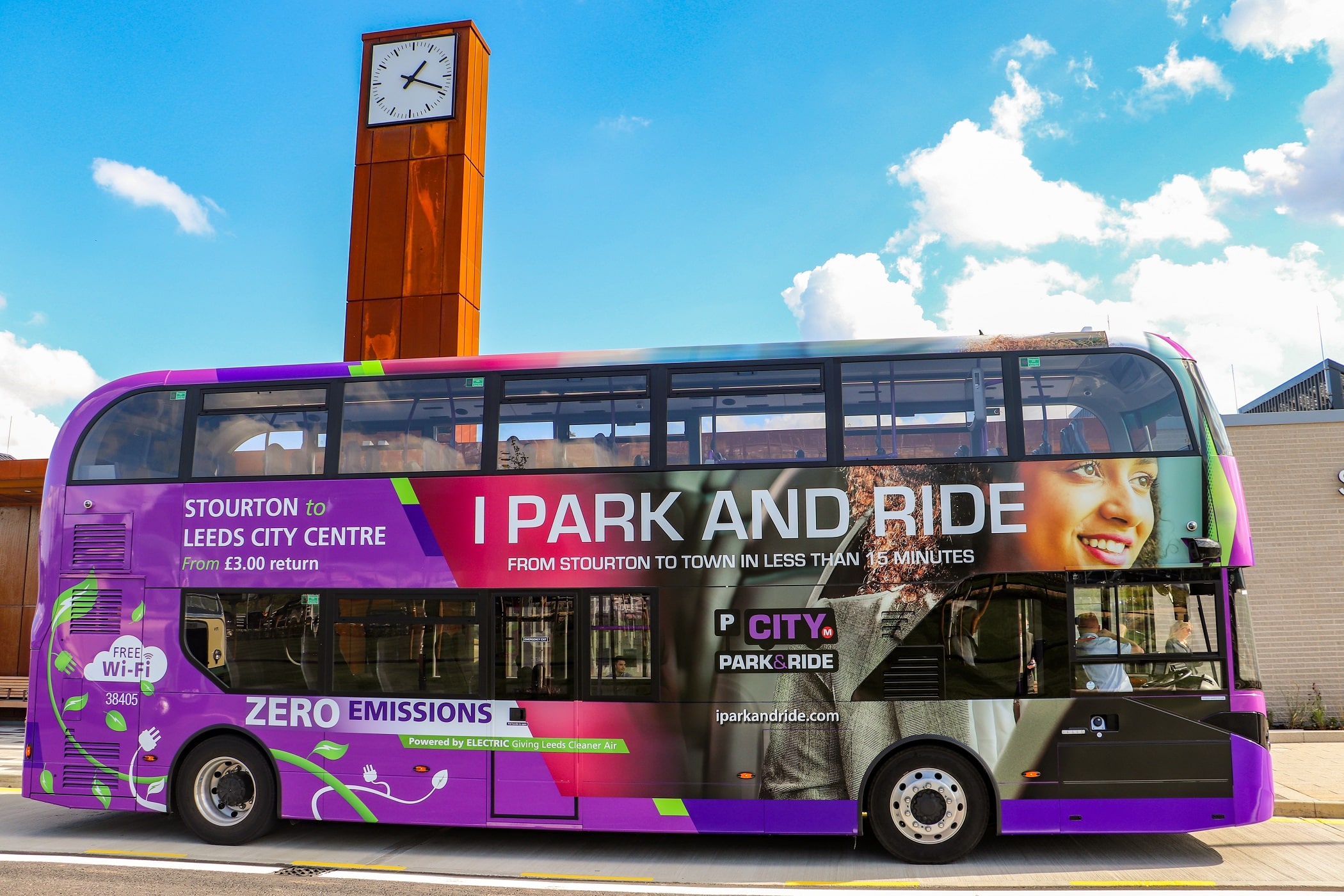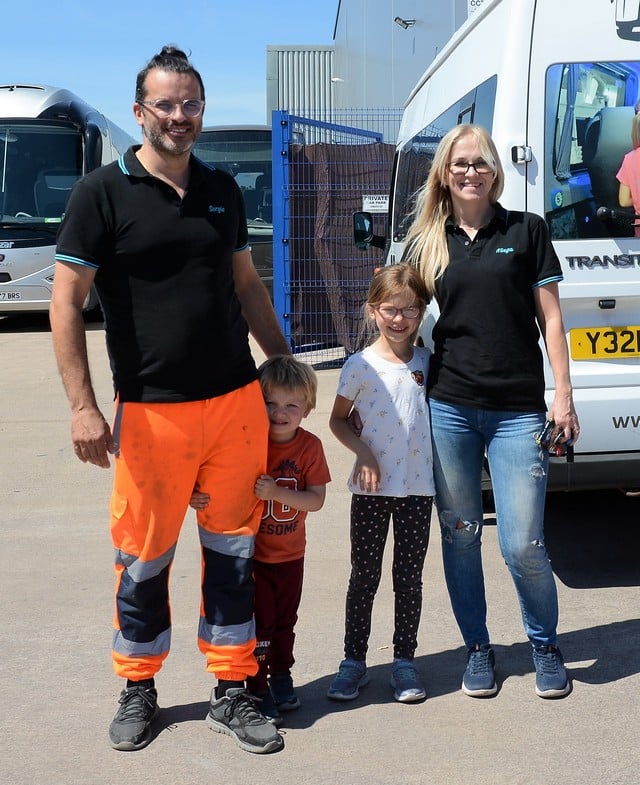 Compliance is king as routeone examines the benefits of DVSA’s Earned Recognition scheme and the importance of prioritising safety in fleet operations
Compliance is king as routeone examines the benefits of DVSA’s Earned Recognition scheme and the importance of prioritising safety in fleet operations
DVSA’s Earned Recognition (ER) scheme aims to build road safety by identifying the compliant within the industry.
The free-to-join scheme offers operators the opportunity to demonstrate high standards while creating “an open and transparent relationship between operator and regulator” which allows DVSA to focus its enforcement efforts instead on operators that “pose the largest risk”.
Other membership benefits include: Additional opportunities to bid for contracts; recognition of road safety focus when bidding for local authority tenders; a potential reduction in running costs; additional data to help run operations; decreased likelihood of site visits, or roadside stops; and the opportunity to use the ER logo on operator premises.
ER also captures environmental standards and driver wellbeing: “Contractors can be sure that ER operators are improving outcomes for cities and towns, and the people who work there,” says DVSA Media Manager Josh De Witt. There’s also the ability to pinpoint small issues before they become large ones, thanks to the consistent reporting of KPIs; every four weeks, operators and their systems tell DVSA if performance targets have been missed. If this happens, DVSA will work with the operator to fix any issues.
The scheme has also seen DVSA support operators through the pandemic, as Stanley Travel Director Ian Scott reveals: “During the COVID-19 pandemic, issues arose which meant that the potential contracts could have been impacted within my business. Due to being an ER member I was able to contact the ER team who rectified the situation quickly, resulting in contracts being able to be fulfilled in a timely manner.”
Supplier network
Many well-known suppliers are ready to help operators take the steps needed to put systems in place to achieve ER status.
CheckedSafe, co-founded by Gary Hawthorne, was a founding member of the scheme, having become an accredited ER supplier in 2018. Gary highlights the ease of joining and of the virtues of going digital: “It’s a great scheme and the way forward. As an ex-operator, I would have welcomed this – no paper, and the option to have all-digital reporting. It requires nothing more than what any operator currently does now, except it is digital.”
CheckedSafe’s system manages digitally all the process previously undertaken on paper. That data can then be pushed to the relevant parties to address any issues quickly and effectively. “It’s the future,” adds Gary. “By going digital you see a step change in how you work. you will save time and money – we have proved that already. DVSA will support you if you are a member of ER and will not see your data at any time unless you allow it to do so.
“CheckedSafe will also help and advise along the way. There is no charge for the ER reporting tools – it’s all inclusive within the CheckedSafe package of £1 per week per vehicle for the complete fleet package, allowing an operator to go 100% paperless, schedule anything and everything, push documents to staff, and countless other options within the package.”
Many suppliers are proud of helping their operator partners achieve ER status. TruTac recently helped one freight operator – Trucklink EU – to become an ‘exemplary’ operator within its sector. Comments Depot Manager Paul Whelan: “We are able to apply the requisite monitoring and reporting procedures which demonstrate that our driver and vehicle performance consistently meet the high standards set by the DVSA scheme.”
The operator began using TruTac software products three years ago. As part of its TruAnalysis package, Trucklink EU uses TruChecks, TruLicence, TruView and TruFleet. By switching compliance reporting from manual to digital, Paul reveals procedures became “easier to implement” and real-time data on drivers and vehicles became accessible immediately for auditing and management purposes. It saw a reduction in infringements, and how mistakes were made, allowing it to give guidance where needed.
“The system allows us to connect fully with our drivers and because of their own proactive input, each one is able to feel part of the solution rather than the problem,” adds Paul. “Plus, the easyto-use dashboards and screens have gone a long way to reducing driver stress.”
DVSA is now exploring options for expanding the scheme, reviewing strategies to ensure it “captures the latest in best practice in all relevant industries” to maximise road safety and offer benefits to accredited operators.
The price of compliance?
One question often asked is what this focus on compliance is likely to cost. Former Senior Traffic Commissioner (TC) Beverley Bell, who now runs Beverley Bell Consulting working in partnership with commercial road transport companies, minces no words about O-Licence compliance.
“If you think ensuring compliance is expensive, try looking at the cost of non-compliance,” she says. “The cost of expert transport law advice and high-quality training pale into insignificance when compared with the cost of curtailment of a licence and the resultant loss of valuable contracts – or the price of closure of the business because the TC has revoked the licence.”
Prevention is always better than cure, according to Beverley – and she reminds operators that licence compliance is designed to prevent death or serious injury happening. “My former colleague, TC Joan Aitken, used to call it the ‘invisibility of success’,” she adds. “One can never quantify just how many deaths and serious injuries are prevented by an effective regulatory regime and by operators that are committed to getting compliance right – and getting it right first time.

All in all, Beverley emphasises that compliance cannot be understated. “It’s the difference between us crossing the road in front of a coach or bus when the brakes don’t work as they should, between us driving on the motorway when the coach driver is bright eyed and bushy tailed and not drinking Red Bull or popping a Pro Plus to fight to stay awake at the wheel,” she adds. “It’s the difference between choosing the cheapest Driver CPC course we can to ‘tick the box’ and identifying where our drivers need training, and then arranging the best we can afford.
“Some will lead to being in the red on the Operator Compliance Risk Score system, and in the red with the bank when the licence is revoked – and some will lead to being a green operator in every sense of the word. You pay your money, and you take your choice.”
DVSA reports that 91 PSV operators are currently involved in the ER scheme, equating to some 16,040 vehicles on the road.




















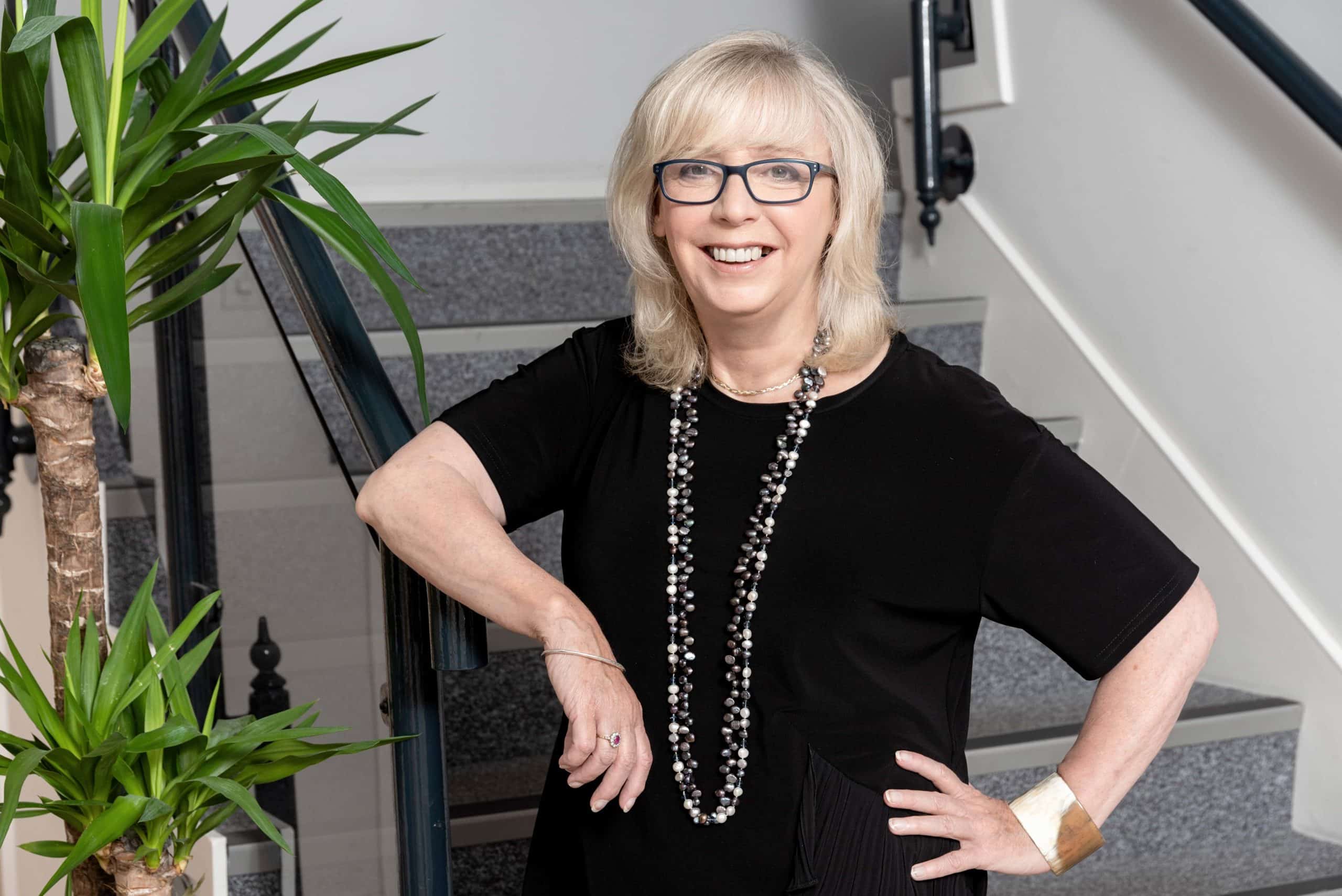
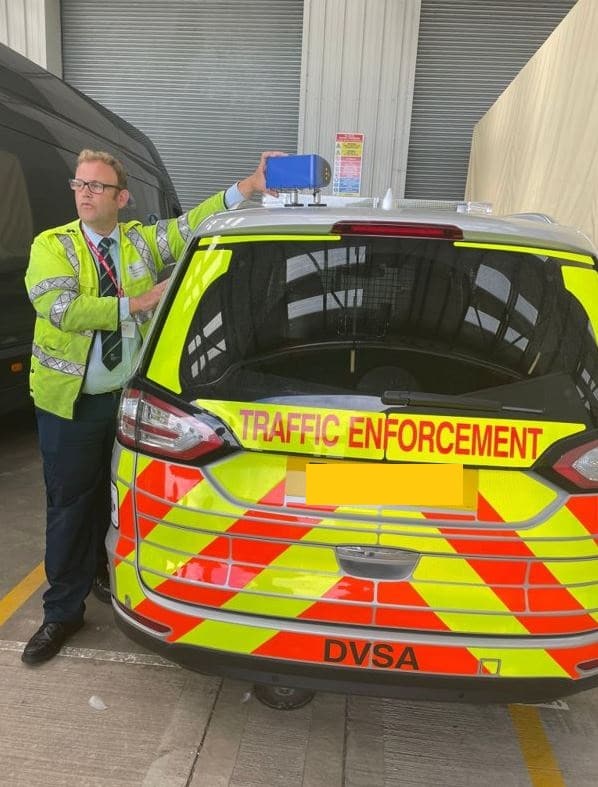 Compliance is king as routeone examines the benefits of DVSA’s Earned Recognition scheme and the importance of prioritising safety in fleet operations
Compliance is king as routeone examines the benefits of DVSA’s Earned Recognition scheme and the importance of prioritising safety in fleet operations